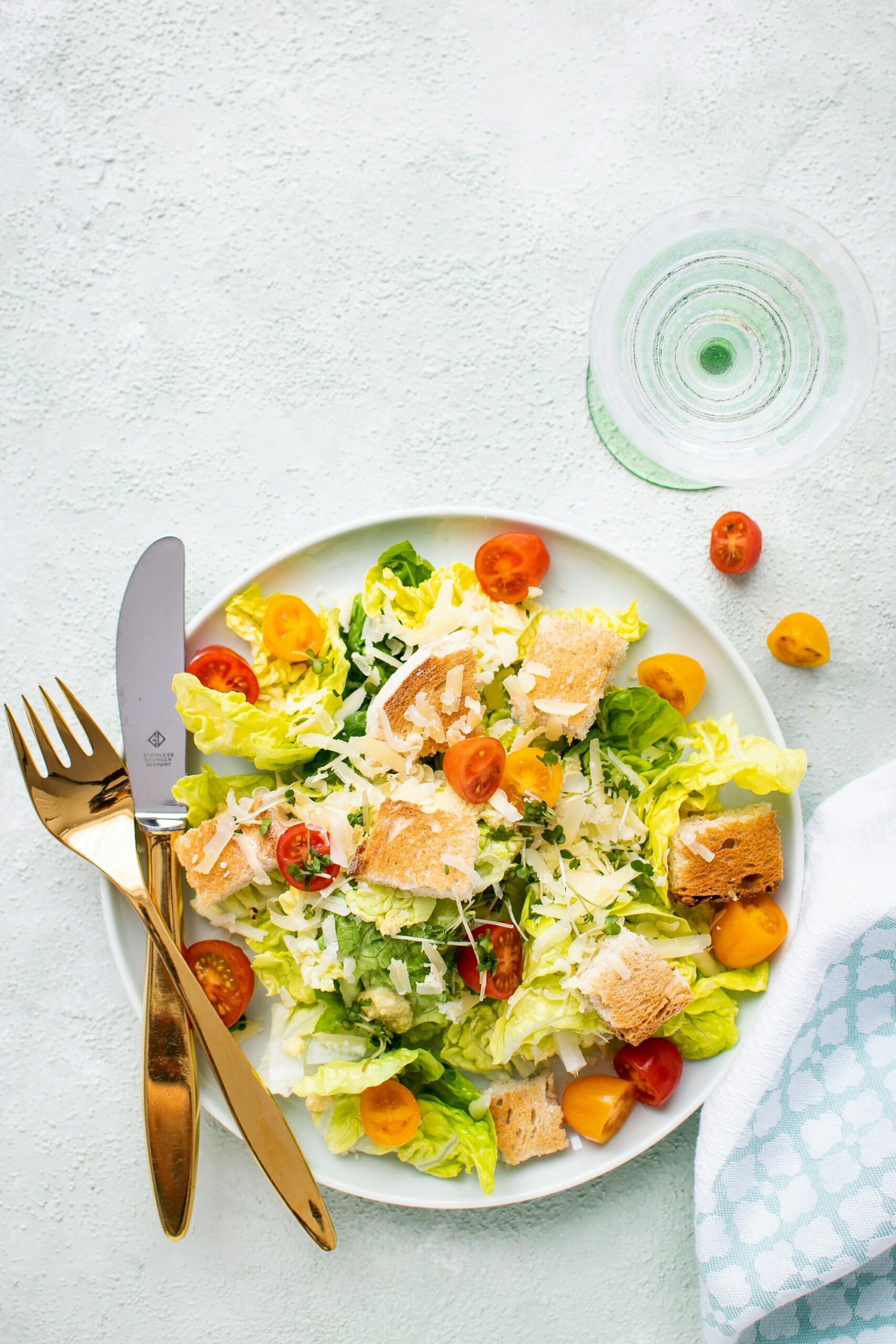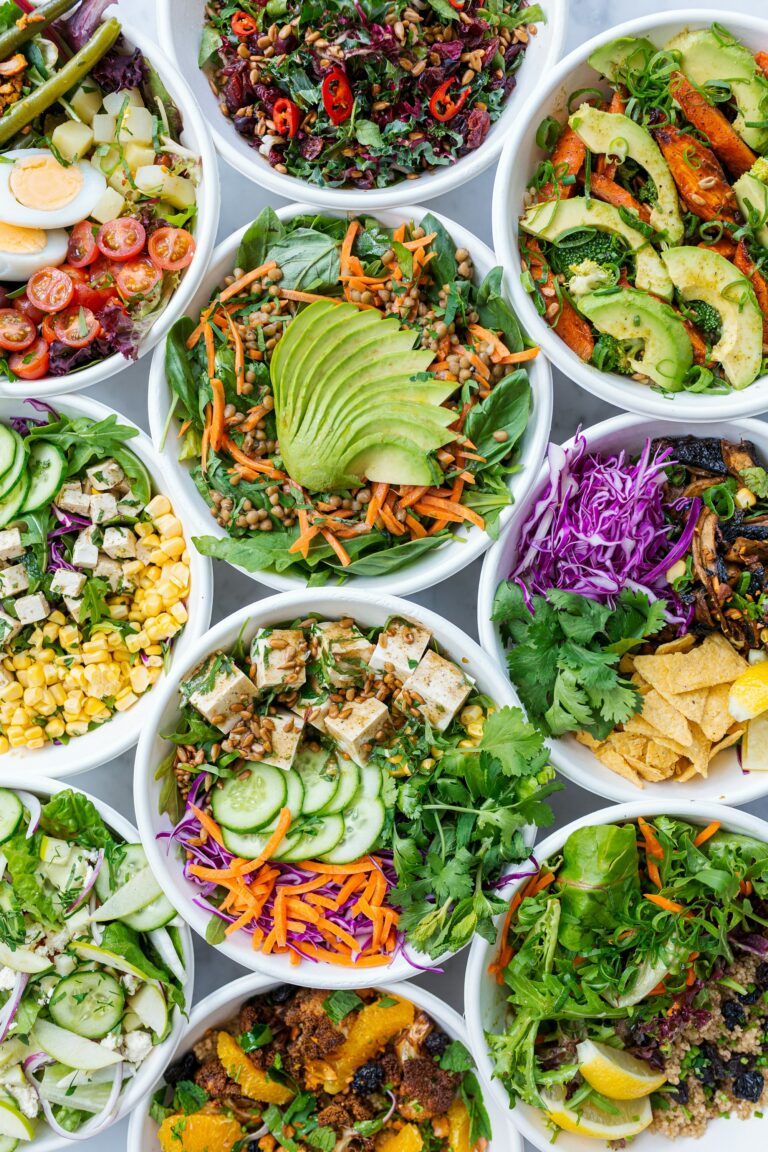Breastfeeding brings a cascade of questions: Am I eating right for my baby? Do I need to double my meals, or should I focus on losing the pregnancy weight? What about the never-ending advice about foods to avoid—garlic, onions, spicy curries, or even lentils? For many parents, the reality of a breastfeeding diet sparks both anxiety and confusion, especially with so much advice swirling from family, friends, and that endless stream of online articles full of dos and don’ts. But here’s a reassuring thought: it’s less about restriction and much more about building rich, balanced, and practical habits that fit into the rhythm of your days. A breastfeeding diet is about supporting not only your little one’s growth but also your own wellbeing, energy, and recovery after childbirth. From understanding what truly matters in your plate (hello, protein and omega-3!) to managing common concerns like caffeine, allergies, and meal prepping, let’s lay down the ground rules and separate fact from fiction—always with your family’s real-life needs in mind. Ready to discover what a nourishing, science-backed, and family-friendly breastfeeding diet looks like?
What Is a Breastfeeding Diet and Why Does It Matter?
Breastfeeding, though natural, is nothing short of a marathon for your metabolism. The need for extra calories—usually about 340 to 500 a day—kicks in almost immediately, as every feed taps into your energy stores, your protein reserves, your vitamin vaults. The classic trio—protein, fats, carbohydrates—remains foundational, but the real nuance lies in the details: are you replenishing your iron after postpartum blood loss, or supporting baby’s brain development with enough omega-3 (DHA)? The science is reassuring. Even when your diet isn’t perfect, your body will do its utmost to make breastmilk nourishing—but, make no mistake, ongoing shortages of key nutrients eventually take their toll, both for you and your child. Major nutrients—think calcium, vitamin D, B12, iodine—are non-negotiable. And then there’s hydration, often overlooked, despite its direct link to both milk supply and your own health. Are you reaching for water every time baby latches on, or do endless cups of tea leave you more dehydrated than refreshed?
Let’s not forget common myths: Despite what well-meaning relatives may insist, ordinary foods like garlic, cabbage, or green chilies rarely trouble breastfed infants. If your child does react, it’s usually individual—not universal. The core structure of breastmilk remains steady regardless of small variances. However, some elements—like vitamin B12 and omega-3—can decline if you’re not getting enough. As for superfoods said to boost milk? Studies only give barley or malt mild credit; the biggest lever for milk supply remains frequent, thorough feeding.
Key Nutrients and Hydration for Breastfeeding Mothers
Energy Needs, Protein, and Healthy Fats
Those extra calories—about 450 per day—might sound daunting, but they add up quickly when you build meals around satisfying sources: oats, whole wheat rotis, rice, lean meats, eggs, paneer, dal, sabzi, nuts, and seeds. For protein, aim for 2-3 servings a day; this could be grilled fish (sardines, salmon), eggs, tofu, or a mix of beans and dal for vegetarians. Combining grains (like rice) with legumes (such as lentils) forms a complete protein, wonderfully suited to both tradition and taste.
So, what about healthy fats? Don’t overlook them! Omega-3 fatty acids, particularly DHA, are vital for your newborn’s brain and visual system—found in fatty fish and, for vegetarians, fortified foods or algae oil supplements. Nuts, especially walnuts, and seed oils (mustard, canola, or olive oil) bring in additional benefits. Limit oily fish (like tuna) to once a week to steer clear of mercury.
Essential Vitamins and Minerals
Underlying every breastfeeding diet are micronutrients that protect both mother and baby:
- Calcium: 1000 mg daily—think milk, curd, paneer, sesame seeds (til), and green leafy vegetables.
- Iron: 9–10 mg/day, vital post-delivery. Red meat, eggs, beans, and green spinach are loaded with it. Pair these with vitamin C (lemon, guava, peppers) to boost absorption.
- Iodine: 290 mcg/day—often overlooked, but easily sourced from iodised salt, dairy, and seafood when possible.
- Vitamin B12: 2.8 mcg/day. Exclusively in animal products—so vegetarians and vegans must consider supplements.
- Vitamin D: At least 600 IU. Sunlight is helpful, but a supplement is usually necessary; breastfed babies also need 400 IU per day.
- Folate: 500 mcg/day, abundant in greens, beans, and fortified grains.
- Vitamins A, C, E: For immunity, skin, vision, and tissue repair—reach for dairy, eggs, fruits, nuts, and colourful vegetables.
Fluid and Hydration
Ever notice how much thirstier you feel when breastfeeding? The body’s signal is clear: keep a bottle of water, glass of buttermilk, or cup of warm soup close with each feed. Most mothers do well with 2–3 litres per day—listen to your own thirst, and avoid excess soft drinks, caffeinated beverages, or sugary sodas. While dehydration can drop milk supply, gulping extra fluids beyond necessity offers no extra benefit.
Building a Balanced Breastfeeding Diet: What to Eat Each Day
Protein-Rich Foods, Fruits, and Vegetables
Designing a sustainable and enjoyable breastfeeding diet means covering your plate with variety. Each basic meal should have a protein focus—an egg at breakfast, some fish, dal, or paneer at lunch, perhaps chicken or kala chana at dinner. Add a rainbow of vegetables: spinach, carrots, bottle gourd (lauki), beetroots, and raw or cooked salads. Keep an array of pre-cut fruits or a smoothie ready for a quick vitamin boost.
Whole Grains, Fibre, Healthy Fats
Whole grains—brown rice, millets, multigrain rotis—anchor satisfying meals, feeding both gut health and stable blood sugar. Butter, though rich, is best enjoyed occasionally, while extra-virgin olive or mustard oils and a sprinkle of seeds (flax, sunflower) enhance meal value. Avoid the bland monotony; experiment with soups, khichdi, stir fries, and parathas to keep meals lively.
Dairy and Dairy-Free Alternatives
Calcium intake often depends on dairy: milk, yogurt, paneer, and hard cheese. For vegans or the lactose-intolerant, fortified soy or almond milk stands in, provided it adds back both calcium and vitamin D. Paneer tikka, a bowl of curd rice, or a piece of cheese with roti—these simple choices are powerful allies.
Healthy Snacks
How to satisfy those between-feed hunger pangs? Keep snacks both nutritious and ready:
- Sliced apple with peanut butter
- Low-fat yogurt with a handful of berries
- Chana chaat or roasted makhana
- Boiled eggs or cheese cubes
- Hummus and carrots
- Whole-grain toast with avocado
Foods and Drinks to Limit or Avoid
Caffeine
In the swirl of sleepless nights, coffee or tea may become a close companion. Stick to 200–300 mg caffeine daily (about two strong cups). Milk tea, green tea, even chocolate, all count toward your limit. Breastmilk caffeine peaks an hour after drinking—timing a quick cup post-feed means less caffeine reaches your baby.
Alcohol
Alcohol passes swiftly into breastmilk. If you choose to have a drink, allow 2–3 hours per unit before nursing again—plan ahead, perhaps expressing milk in advance. Regular or high intake isn’t recommended. No method—pumping or special diets—expels alcohol faster.
Fish, Mercury, and Seafood
Omega-3-rich fish—yes, please! But avoid big predatory fish like king mackerel or swordfish (they harbour higher mercury). Keep oily fish (like salmon, tuna) to one meal a week, and rotate with sardines, trout, or rohu.
Processed Foods, Sugar, and Unhealthy Fats
Highly processed foods, rich in refined sugars or trans fats, compete with nutrient-rich options for your attention. While an occasional treat is fine, rely on home-cooked snacks, whole foods, and fresh ingredients for sustainable nutrition, faster recovery, and positive energy.
Allergenic Foods
Worry about nuts, gluten, dairy, or eggs? Unless your baby has clear symptoms (eczema, blood in stool, unexplained digestive issues), elimination isn’t needed. Food allergies through breastmilk are rare. If uncertain, keep a simple food and symptom diary and check with your paediatrician.
Special Considerations in the Breastfeeding Diet
Vegetarian and Vegan Diets
Breastfeeding with vegetarian or vegan diets is absolutely compatible—provided you plan for it. Key nutrients—B12, iron, calcium, DHA—may be scant in plant-based meals, so fortification or supplementation becomes important. Mix up your protein sources and always combine iron-rich foods with vitamin C for best absorption.
When Supplements Make Sense
Common sense meets science when it comes to supplements: most breastfeeding parents benefit from a daily vitamin D supplement; vegans and some vegetarians need regular B12, DHA, and possibly iodine. If you have a history of anaemia, a brief course of iron helps. Always consult before starting anything new, and pick trusted, third-party tested brands.
Managing Food Intolerances
Digestive fuss, rash, or blood in stool? If you suspect your baby’s symptoms relate to your food, don’t overhaul your entire diet overnight. Instead, exclude one food (commonly cow’s milk) under professional guidance and watch for a response over two weeks.
Traditional Foods and Family Wisdom
Traditional postpartum foods can bring both comfort and nutrition—dal ka paani, atta ka halwa, methi ladoos, and more. Enjoy them, but balance with evidence-backed needs for protein, calcium, and iron. If gaps remain, correct gently with supplements and seek support from health professionals.
Overcoming Practical Challenges
Cravings and Tiredness
Postpartum cravings—the sudden longing for sweets or tangy pickles—can be traced to sleep deprivation, rapid energy use, or emotional changes. Nutritious, filling snacks rich in fibre and protein satisfy longer than sugary options. To confront tiredness, focus on regular, wholesome meals, iron-rich foods, and—whenever possible—rest.
Concerns About Low Milk Supply
Worried about not producing enough? The fastest way to boost supply is frequent emptying of the breast—whether nursing or pumping. Restricting calories in hope of rapid weight loss can compromise supply. If unsure, reach out to a lactation consultant.
Maternal Nutrition and Milk Composition
Short nutritional dips don’t drastically affect breastmilk quality, but ongoing deficits—especially in vitamin B12 and iodine—lower their concentration in milk. Always look after your own health to maintain reserves (and wellbeing).
Simple Meal Planning for Busy Parents
Daily Meal Examples
Need easy meal inspiration? Try these combinations:
- Oats with fruits and nuts for breakfast.
- Roti with palak paneer, or egg curry with brown rice at lunch.
- Steamed vegetables, dal, a cup of buttermilk, and whole grain for dinner.
- Vegetable soup, paratha, and cheese as a quick supper.
Healthy snack ideas? Berries or banana with yogurt, mixed nuts, a small bowl of sprouted chana, or whole grain crackers with cheese—all are time-savers.
Meal Prep Tips
Batch cooking is your ally: keep steamed rice, boiled eggs, cut vegetables, and fruit ready in the fridge. Prepare larger portions of dal, sabzi, or khichdi, and freeze for hectic days. Let family or friends lend a hand with chopping or portioning.
Supplements in the Breastfeeding Diet
Do You Need Supplements?
Most parents benefit from vitamin D supplementation; those on meat–free diets need to focus on B12, iron, calcium, and DHA (from algae oil, not fish). Choose well-known brands, review labels for correct dosing, and check safety for breastfeeding. Herbal remedies like sage or peppermint may reduce milk—steer clear unless prescribed.
Professional Support Matters
Before making changes to your breastfeeding diet or starting supplements, a chat with your healthcare provider or a lactation consultant can clear doubts and personalise your approach—especially useful for special diets, persistent fatigue, allergies, or a baby showing unusual symptoms.
Myths and Misconceptions
Busted Beliefs
Spicy food, garlic, dark green veggies—none of these routinely disrupt breastfeeding. Stick to a varied, vibrant breastfeeding diet unless your clinician suggests otherwise.
True Risks
Only high–mercury fish, unchecked alcohol, or severely restrictive eating pose genuine problems. Build meals for your enjoyment, health, and cultural preference.
Key Takeaways
- A breastfeeding diet ensures the backbone of both your and your baby’s health—think nutrient variety, not perfection.
- Hydration is your silent superhero; keep water or non–caffeinated drinks at hand.
- Protein, calcium, iron, and omega-3 are pillars for efficient recovery and infant growth.
- Responses to foods are highly individual—watch your child rather than follow blanket bans.
- Efficient meal planning—batch cooking, ready–to–eat fruits, and involving family—safeguards your nutrition and energy during busy days.
- For tailored support and reliable guidance on nutrition or breastfeeding, download the Heloa app: access free health questionnaires and personalised advice for children—just one click away.
Questions Parents Ask
Can I follow a vegetarian or vegan diet while breastfeeding?
Absolutely, a well-planned vegetarian or vegan breastfeeding diet is compatible with breastfeeding. Focus on variety—embrace beans, tofu, dals, whole grains, leafy vegetables, and nuts. Pay close attention to vitamin B12, iron, calcium, and omega-3. Choose fortified foods or supplements where needed. With thoughtful meal choices, both mother and baby get full nourishment.
Are there specific foods that can help increase my milk supply?
Many wonder if foods like oats, barley, or fenugreek are magic bullets for milk production. While these might offer small benefits, consistent and frequent breastfeeding or pumping matters far more. Some parents find oats comforting, others prefer barley drinks, but the strongest factor remains how often you empty the breast. If supply worries persist, consider speaking with your midwife or breastfeeding counsellor.
What should I do if my baby seems sensitive to something I’m eating?
If your toddler develops a rash, digestive discomfort, or fussiness, you might suspect your diet. Most infants tolerate a wide variety of foods without issues. If you notice a pattern—perhaps after dairy or eggs—consider a short trial of elimination, removing only one suspect food at a time, and watch closely. Keep a food and symptom diary, and consult your paediatrician for clarity and support. Remember, targeted solutions trump sweeping restrictions.
Further reading:









